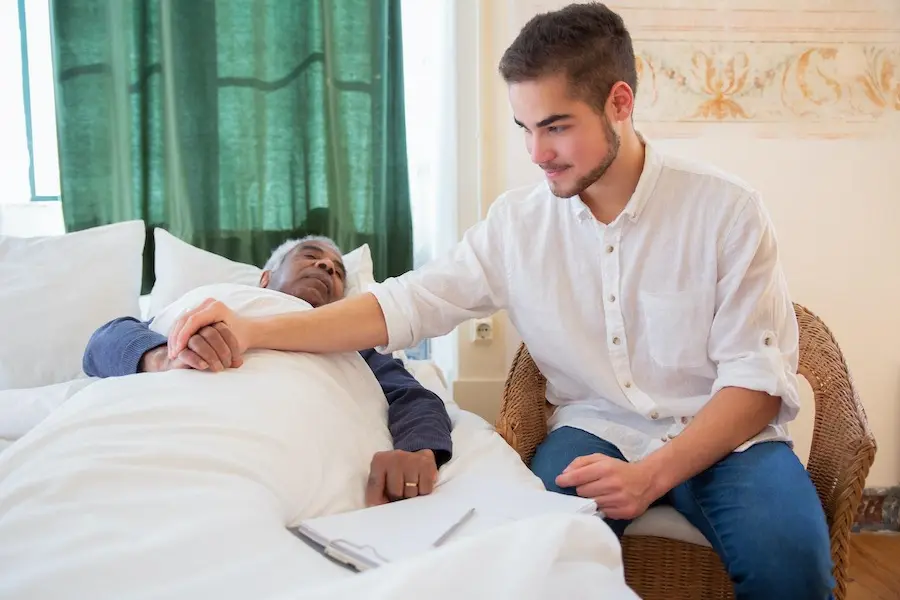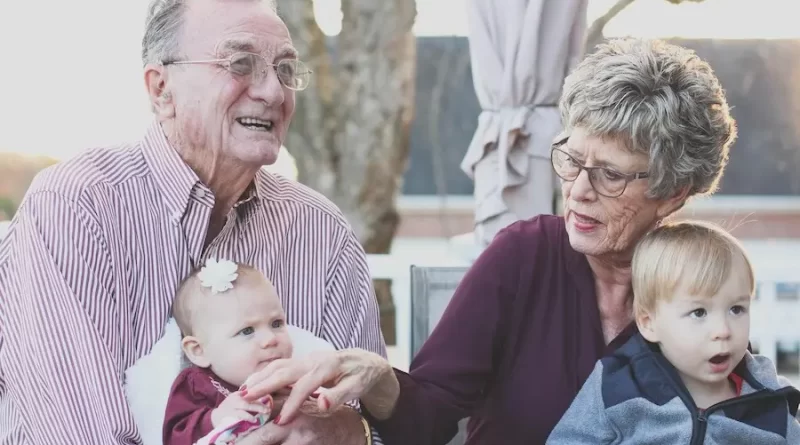How To Work In Individual Support?
Australia’s elderly population is growing swiftly each year, and there is a significant shortage of carers in the market. The senior citizen population is expected to rise significantly in the next five years. Therefore, more and more Australians will need to develop specific skills to pick up jobs as individual carers to take care of them.
To adequately cater to the needs of ageing Australians, the number of individual and disability support carers will need to increase by 40 per cent by 2023. So, you will need to hone specific skill sets and earn certifications if you are looking to serve senior citizens and get a job in this sector.
How To Get A Job In Individual Care Support?
Aged care workers provide support, care, and supervision to senior citizens in retirement communities, hospitals, clinics, and private residences. They help individuals with their domestic duties, personal care, and illness management.
Individual carers also provide companionship and emotional support to the elders to enable them to participate in the community wholeheartedly. You must earn specific qualifications and take a few courses to get a job in this industry. These will help you get a proper position in the individual support job market.
To become a trained aged care worker, you must complete the Vocational Education and Training (VET) in ageing support, disability support, and individual support, along with a traineeship.
Follow these steps to get a proper job in the senior care and support industry.
Get The Right Qualifications
When providing medical, emotional, social, and domestic support to aged individuals, you must consider their unique preferences, needs, and requirements. You will need a few certifications to develop this understanding and fulfil it with efficiency.
These credentials will help you develop the requisite skills and ensure a good overview of the moral and legal protocols involved with elderly support and care. Here are a few certificates to help you get a job in this sector.
- Complete a Certificate III in Individual Support (Ageing & Disability) (CHC33015)
- Certificate III in Individual Support (Home & Community) (CHC33015).
- Certificate III in Individual Support (Ageing) (CHC33015)
Apart from these three, you can also complete a course to get Certificate IV in Ageing Support (CHC40315) which will help you understand the nitty-gritty of legal, safety, and ethical protocols involved in aged care. It will also help you develop or polish up your leadership skills.
Find a good TAFE or a Registered Training Organisation (RTO) that provides all these courses. Apart from these certifications, you will also need to stay up to date with immunisations and required vaccines. You will also need a First Aid Certification and a National Police Certificate to get proper employment in this field. You can also get hamilton CPR certifications to level up your first aid skills.
Keep your driving license handy if you are looking to provide elderly support and care in retirement communities and home care facilities.
Get Hands-On Training At An Aged Care Center:
At the aged care centre, you will be working under the constant supervision of senior carers who will help you perfect your ways of working. This traineeship will not only help you learn the work on the job but also add credibility to your resume.
During this internship or training, you will also get the chance to complete your first aid certification, which will vouch for your ability to administer basic medical aid in emergencies.
Work On Your Characteristics To Provide Proper Care:

Earning the certifications is just half the job done. Along with certifications mentioned above, you must develop various soft skills generally sought in individual support. Hone the following skills to become ideal elderly support personnel.
- Excellent communication skills
- A supportive and caring attitude
- Physical and mental sharpness
- Optimistic and adapting
- Considerate and understanding
- Empathy for disabled and old individuals
- Compassionate with a strong desire to take care of the elderly
- Attention to detail
- Being a good listener
- Reliable and trustworthy
These are just some soft skills essential for all training to become individual support and carer for the elderly.
In Conclusion
The job of an individual carer for aged people requires passion and commitment. It is a gratifying career path that also provides strong employment opportunities and job security.

